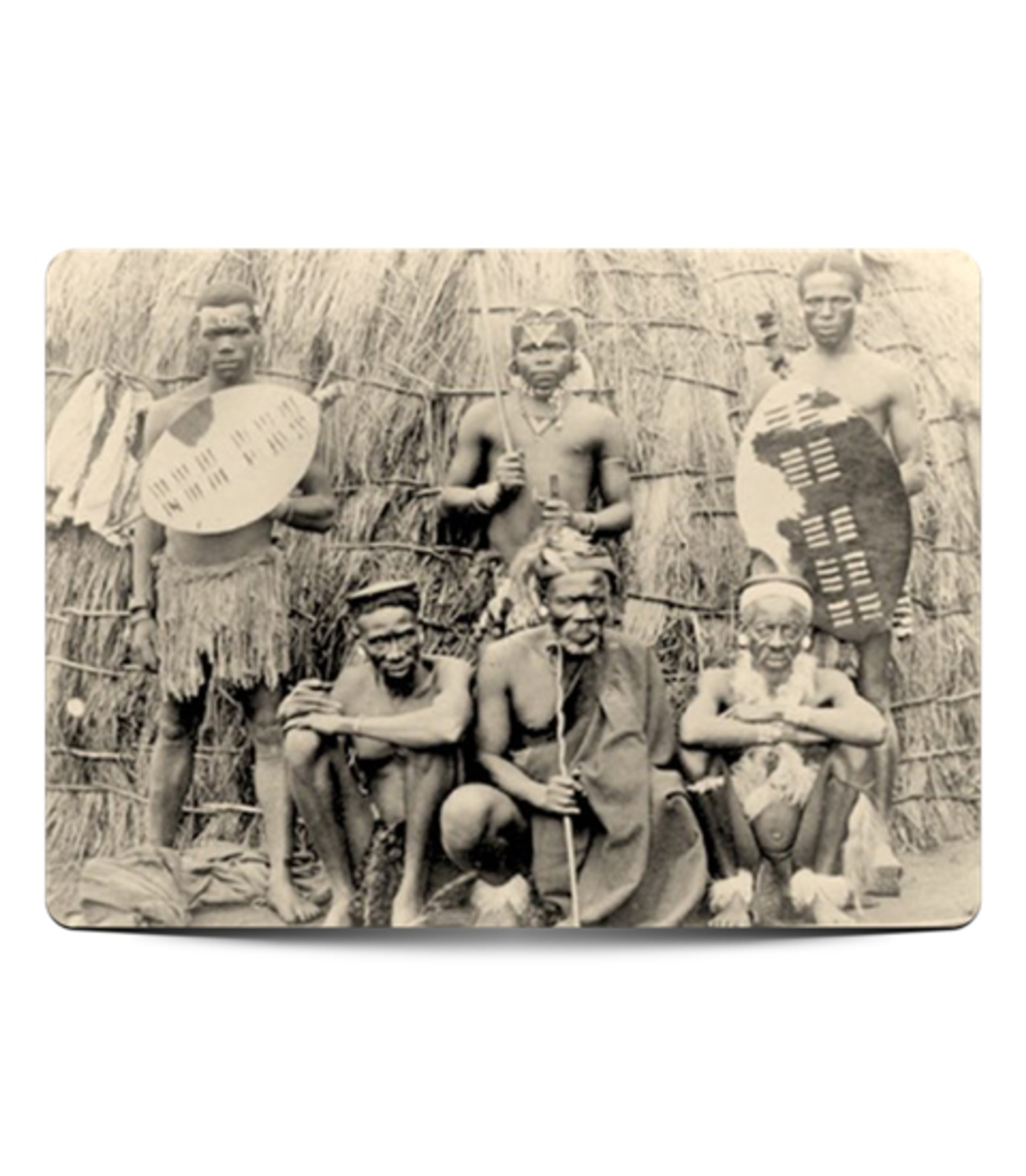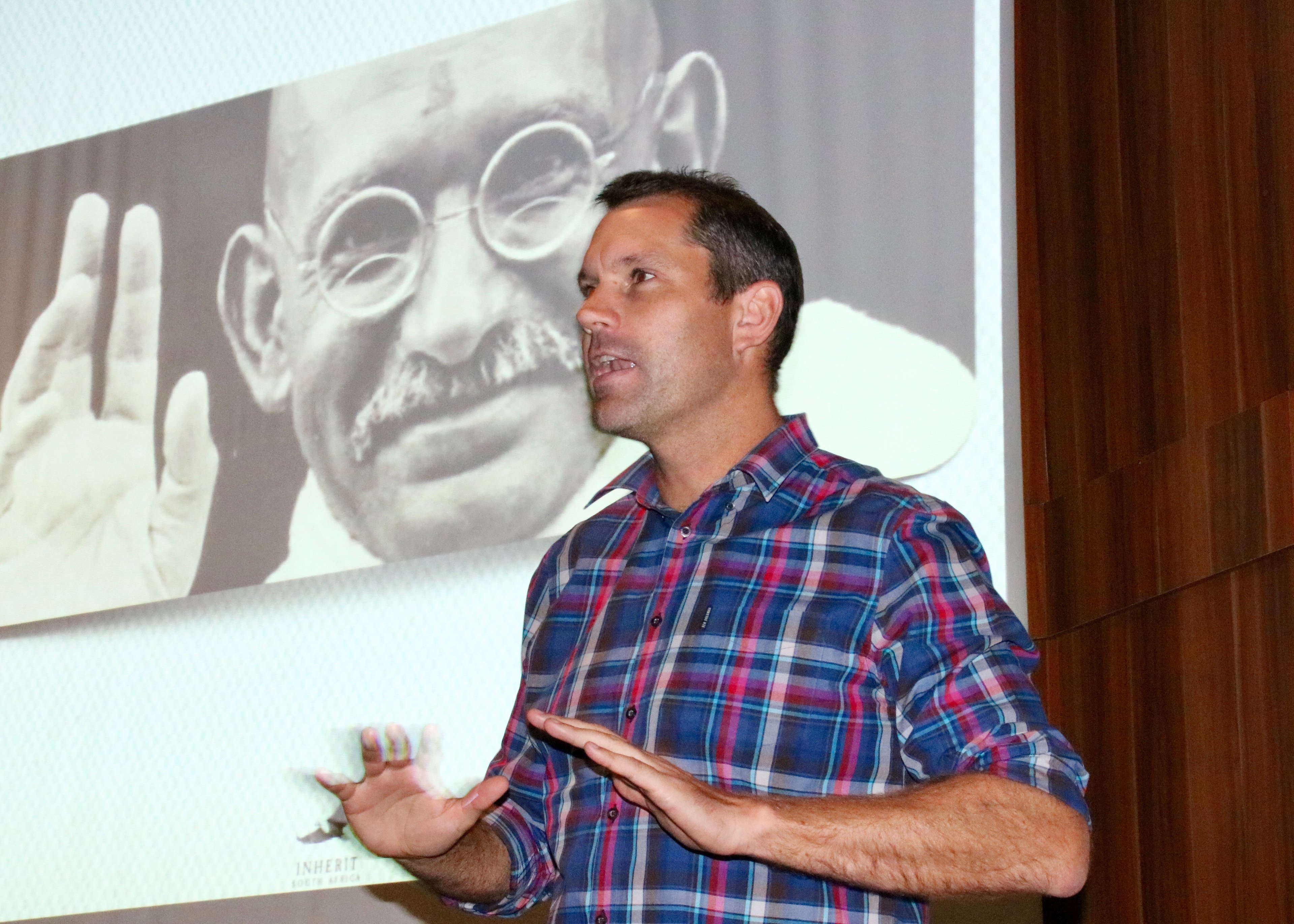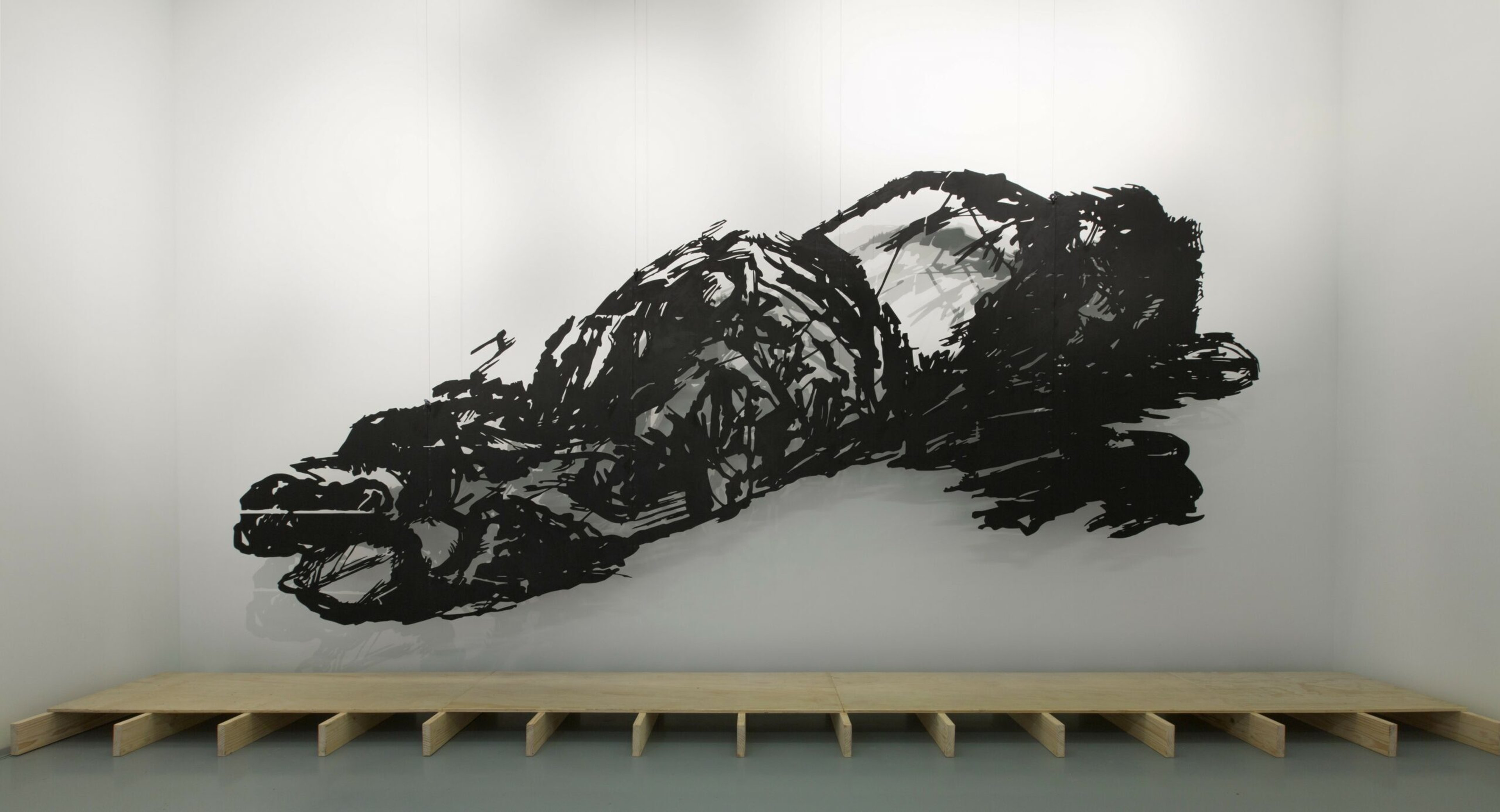Africa has always had a rich oral tradition of storytelling that, through the centuries, has made it possible for people or culture to pass knowledge, history and experiences from one generation to the next. This largely rural tradition is a dying art form that has never been more necessary, particularly at such a critical time in South Africa’s history. We were, therefore, delighted to attend a talk entitled "My Father’s Coat – Five Men and The Great Story of South Africa" while in South Africa. The talk is the brainchild of Michael Charton – a chartered accountant by profession – who has built up something of a cult following with his ambitious vision to condense the epic narrative of South Africa into a bite-sized story.
It’s an ambition that has been perfectly achieved. For Michael literally climbs into the shoes of five protagonists (Mzilikazi, Kruger, Rhodes, Smuts and Mandela) and tells their respective, interlinked stories over a period of 200 years. The genius of his story is how – over a period of 90 compelling minutes – he introduces each of these characters in a way that lures you under their spell as he seemingly embraces their beliefs and biases. However, as the narrative unfolds, new insights are put to play that undermine previous viewpoints and beliefs and conspire to create a layered and altogether more balanced view of South Africa’s complex past. "I have come to learn that it is very difficult to understand the South African story without acknowledging that it was shaped by attitudes that are largely foreign to us as a modern society," explains Michael. "As such, I believe it is critical to understand both what those prevailing attitudes were and how they came to be. Highlighting these biases layers my story with a human element and allows the audience to find unlikely empathy with characters on very different sides of the struggle for South Africa."
Michael cites his reading of Alan Paton’s classic Cry, The Beloved Country at the age of 19 as an "emotional awakening." "The opening paragraph is more poetry than prose that grabbed hold of me immediately," he recalls. "On further reading, I realized that our history had been sanitized for me during my youth." The book’s ability to humanize the South African tragedy for Michael brought with it the realization that he hadn’t personally grasped the devastating effect of South Africa’s past on the lives of ordinary South Africans. This, slowly, over many years, would manifest into a hunger to understand the history of South Africa better and would later inspire his decision to study for a degree in history part-time, just a year after he qualified as a chartered accountant.
After completing his articles, Michael worked in mergers and acquisition for two years in the United States before returning to South Africa, where he worked as a financial director in the media and advertising industry. It was here that his evolution from accountant to storyteller was crystalized, as he was called upon to put together a training module to upskill staff on the dynamics of finance and short-term insurance. "Our relationship with one of our very significant advertising clients had deteriorated, and we found ourselves fighting to retain the business," he recalls. The ensuing training module that Michael created was such a success that the client ended up using Michael to train their own staff and speak at their induction days. "My approach was mere instinct, but in essence, I had found a way to bring the key dynamics of a dreary industry to life through the use of human stories. This has become a common thread in all the stories I tell."





